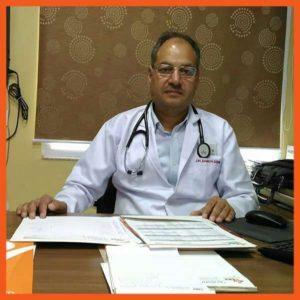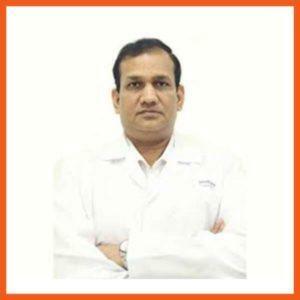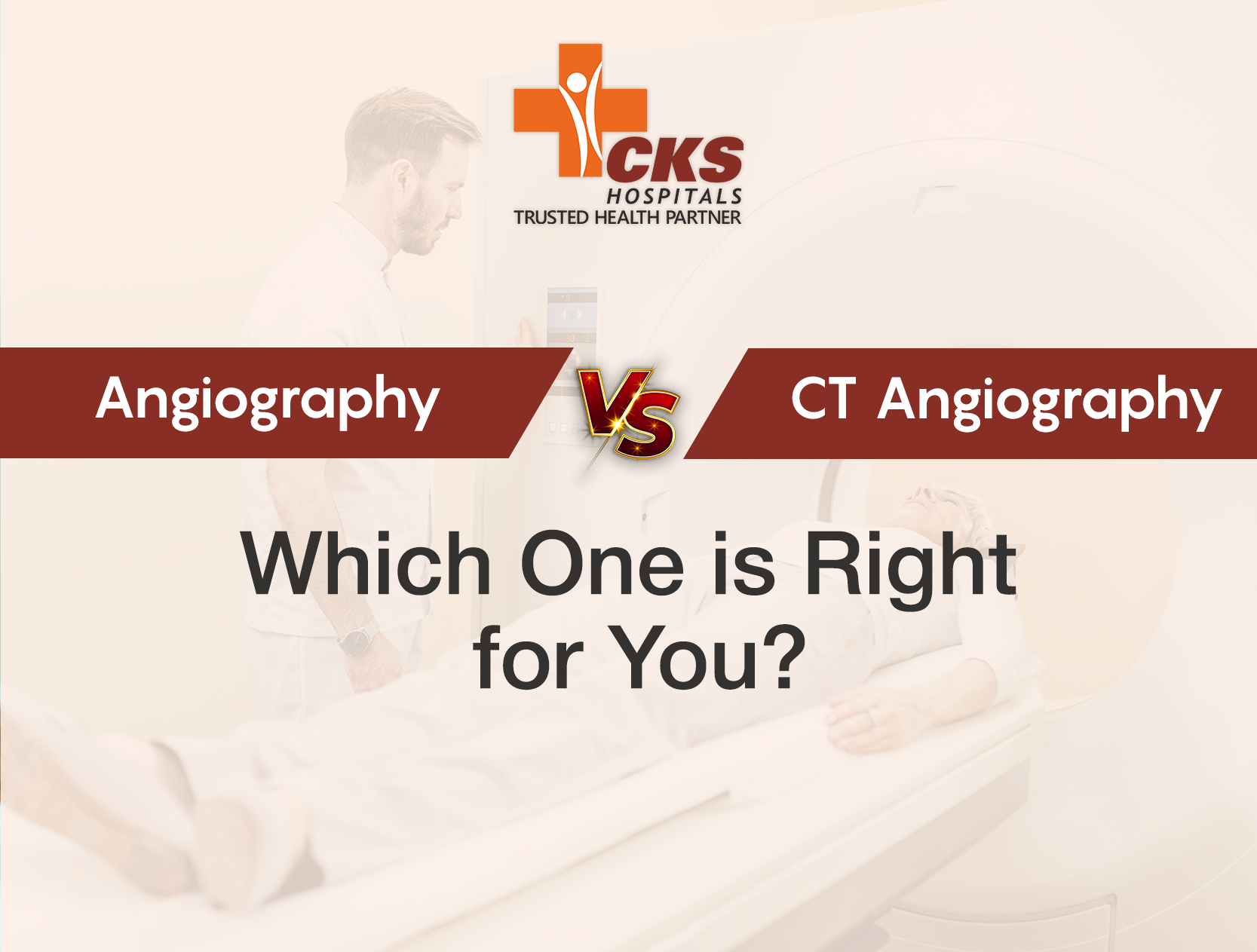Coronary artery bypass surgery
Overview:
Coronary artery bypass surgery, also known as heart bypass surgery or coronary bypass surgery, is a surgical procedure used to treat coronary artery disease (CAD) by rerouting blood flow around blocked or narrowed arteries in the heart. CAD occurs when plaque buildup restricts blood flow in the coronary arteries, leading to symptoms such as angina and potential heart attacks.
During the surgery, a healthy blood vessel is taken from another part of the body and grafted onto the affected artery, creating a bypass to restore normal blood flow to the heart muscle. This procedure can involve single, double, triple, or quadruple bypass grafts, depending on the severity and location of the blockages.
Coronary artery bypass surgery is a well-established procedure with high success rates and is crucial in improving cardiac function and relieving symptoms in patients with coronary artery disease.
Other names for coronary artery bypass surgery:
Coronary artery bypass surgery, also referred to as heart bypass surgery or coronary bypass surgery, is a procedure aimed at improving blood flow to the heart by bypassing obstructed or narrowed arteries. These alternate names are used interchangeably to describe the surgical intervention for coronary artery disease (CAD) and its associated symptoms. Regardless of the terminology employed, the ultimate goal remains the same: to alleviate the impact of CAD and restore adequate blood supply to the heart muscle.
What is the procedure?
During coronary artery bypass surgery, a surgeon creates new pathways for blood to reach the heart by bypassing the blocked or narrowed coronary arteries. The procedure typically involves the use of grafts, which are blood vessels taken from other parts of the body or synthetic tubes. These grafts are then connected to the aorta (the main artery that carries oxygenated blood from the heart to the rest of the body) and the coronary arteries beyond the blockages, allowing blood to flow freely to the heart muscle.
Types of heart bypass surgery:
There are different types of heart bypass surgery, depending on the number and location of the blocked arteries. The most common types include:
1. Single bypass: In this procedure, a single blocked coronary artery is bypassed using a graft.
2. Double bypass: Two blocked coronary arteries are bypassed using grafts.
3. Triple bypass: Three blocked coronary arteries are bypassed using grafts.
4. Quadruple bypass: Four blocked coronary arteries are bypassed using grafts.
The specific type of bypass surgery recommended for a patient depends on the extent and location of the blockages.
Also, Read – Chiranjeevi yojana hospital list Jaipur
Success rate:
Coronary artery bypass surgery has a high success rate in improving blood flow to the heart and relieving symptoms of coronary artery disease. According to the American Heart Association, the overall success rate of the procedure is approximately 90-95%. The success rate may vary depending on individual factors, such as the patient’s overall health, the severity of the blockages, and the experience of the surgical team.
Risks and complications:
Like any surgical procedure, coronary artery bypass surgery carries certain risks and potential complications. Some of the common risks include:
1. Infection at the incision site.
2. Bleeding.
3. Reaction to anesthesia.
4. Blood clots.
5. Stroke.
6. Heart attack.
Although these risks exist, they are relatively low, and the benefits of the surgery often outweigh the potential complications. It’s important for patients to discuss these risks with their surgeons and be aware of the possible outcomes.
Recovery time:
The recovery period following coronary artery bypass surgery varies for each individual, but it generally involves a period of several weeks to months. After the surgery, patients typically remain in the hospital for about five to seven days for close monitoring and necessary care. During this time, medical professionals will administer medications to manage pain, prevent infection, and control blood pressure.
Once discharged, it is important for patients to follow a comprehensive cardiac rehabilitation program. This program typically includes physical exercise, dietary guidance, and education on managing risk factors for heart disease. It is crucial for patients to actively participate in their rehabilitation process to aid in their recovery, regain strength, and improve overall cardiovascular health.
Throughout the recovery period, patients may experience some discomfort, fatigue, and mild pain at the incision site. However, these symptoms gradually diminish over time. It is important for patients to closely follow their surgeon’s and healthcare team’s instructions, attend follow-up appointments, and report any unusual or concerning symptoms promptly. By adhering to the prescribed rehabilitation plan and making necessary lifestyle adjustments, patients can enhance their recovery and achieve a better quality of life following coronary artery bypass surgery.
Conclusion About Coronary artery bypass surgery
Coronary artery bypass surgery is a well-established procedure used to treat severe coronary artery disease. It involves creating new pathways for blood to reach the heart, bypassing the blocked or narrowed arteries. The success rate of the surgery is high, and it can significantly improve blood flow to the heart, relieve symptoms, and reduce the risk of complications. However, like any surgery, there are risks involved, and the recovery process may take time. It’s crucial for patients to have a thorough understanding of the procedure, discuss their concerns with their healthcare team, and actively participate in their recovery to achieve the best possible outcomes.
Recent Posts
- All Posts
- Blog

Read More
Our Speciality
- Cardiology & Cardiac Surgery
- Neurosurgery
- Orthopedics & Joint Replacement
- Urology
- Gastroenterology
- Nephrology & Dialysis
- Bariatric & Metabolic Surgery
- ENT & Head Face Neck Surgery
- Internal Medicine & Critical Care
Explore More
Our Doctors

Dr Prakash Chandwani
(Chief Managing Director) Director & Head Dept of Cardiology

Dr Mahesh Goyal
Director & Head Dept of Allergy Specialist, Asthma & Sleep

Dr Mohammed Sharif
CEO & Global Operations

Dr Ghanshyam Agrawal
Consultant Dept of Neuro Surgeon

Dr Sumit Kamble
Consultant Dept of Neurology
See All Doctors

